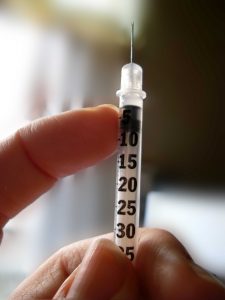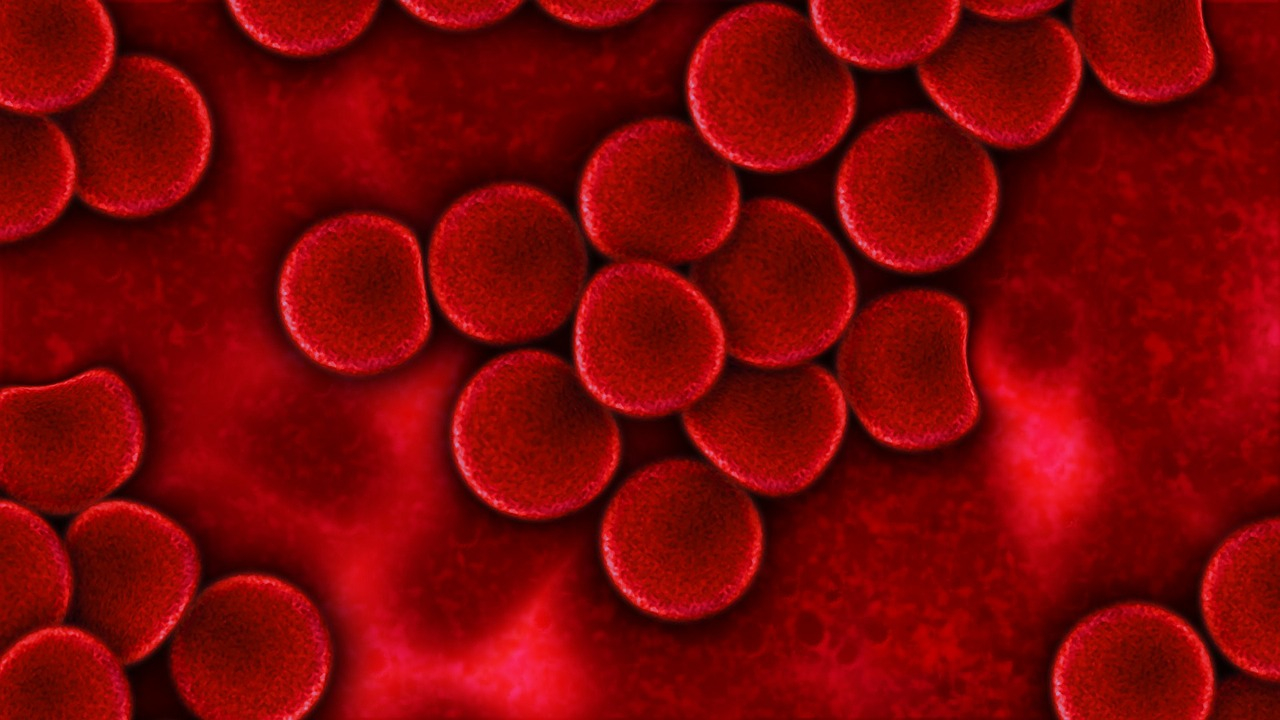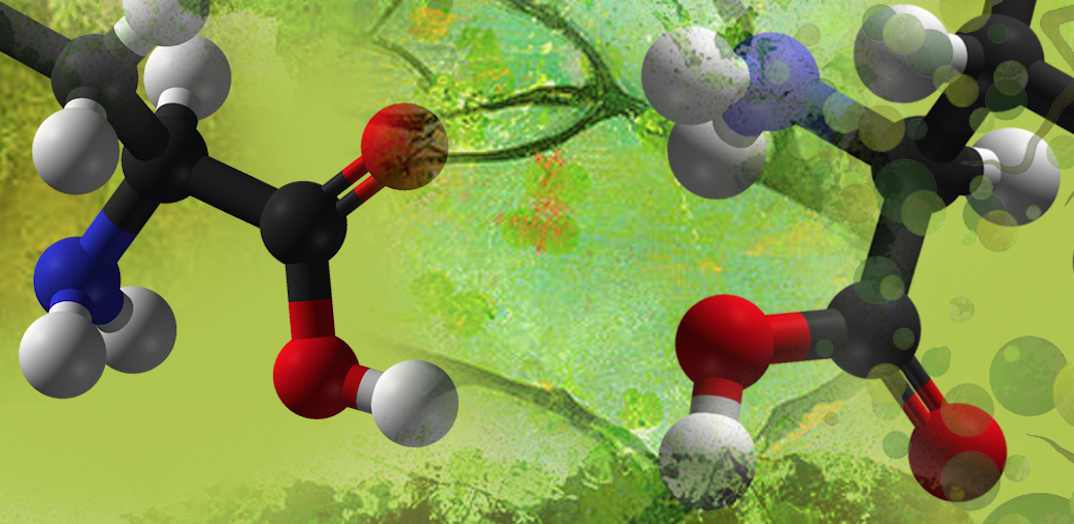
Defeating Diabetes
Advances in Cell Encapsulation Technology A young boy is rushed into the Emergency Department after being discovered unconscious. He’s with his mother, who reports that

Advances in Cell Encapsulation Technology A young boy is rushed into the Emergency Department after being discovered unconscious. He’s with his mother, who reports that

Coral reefs are an economically and ecologically important ecosystem, supporting a vast array of life and providing tourism opportunities. Reefs face numerous threats, including coral disease, but another ecosystem may already be alleviating that problem. Recent research shows that seagrass meadows reduce levels of pathogenic bacteria, improving the health of nearby coral reefs.

Recently, researchers at the University of British Columbia designed a new method for stopping hemorrhaging. The system relies on microparticles that propel themselves upstream through blood, delivering coagulants to hard-to-reach wounds.

Contrary to common scientific belief, proteins need not be large to have powerful biological functions.

Through months of a squirrel’s cold slumber, neurons generate their own heat to keep functioning. Our cover story explains this feat of the nervous system and explores what it might mean for humans.
This past summer’s Ice Bucket Challenge brought national attention to ALS, raising millions of dollars in research funds. Exciting advances are underway, and it is important that social media users, who were so eager to participate in the summer craze, understand the science behind this fatal disease and its treatment options.
A new drug developed by Norvartis, LCZ696, showed surprising success in recent clinical trials. The drug has the potential to help individuals with chronic heart failure live longer, more comfortable lives.
Recently, the Nonhuman Rights Project fought for legal personhood for a 26 year-old chimpanzee named Tommy. The case relates to current research on primate genetics, cognition, and emotion.